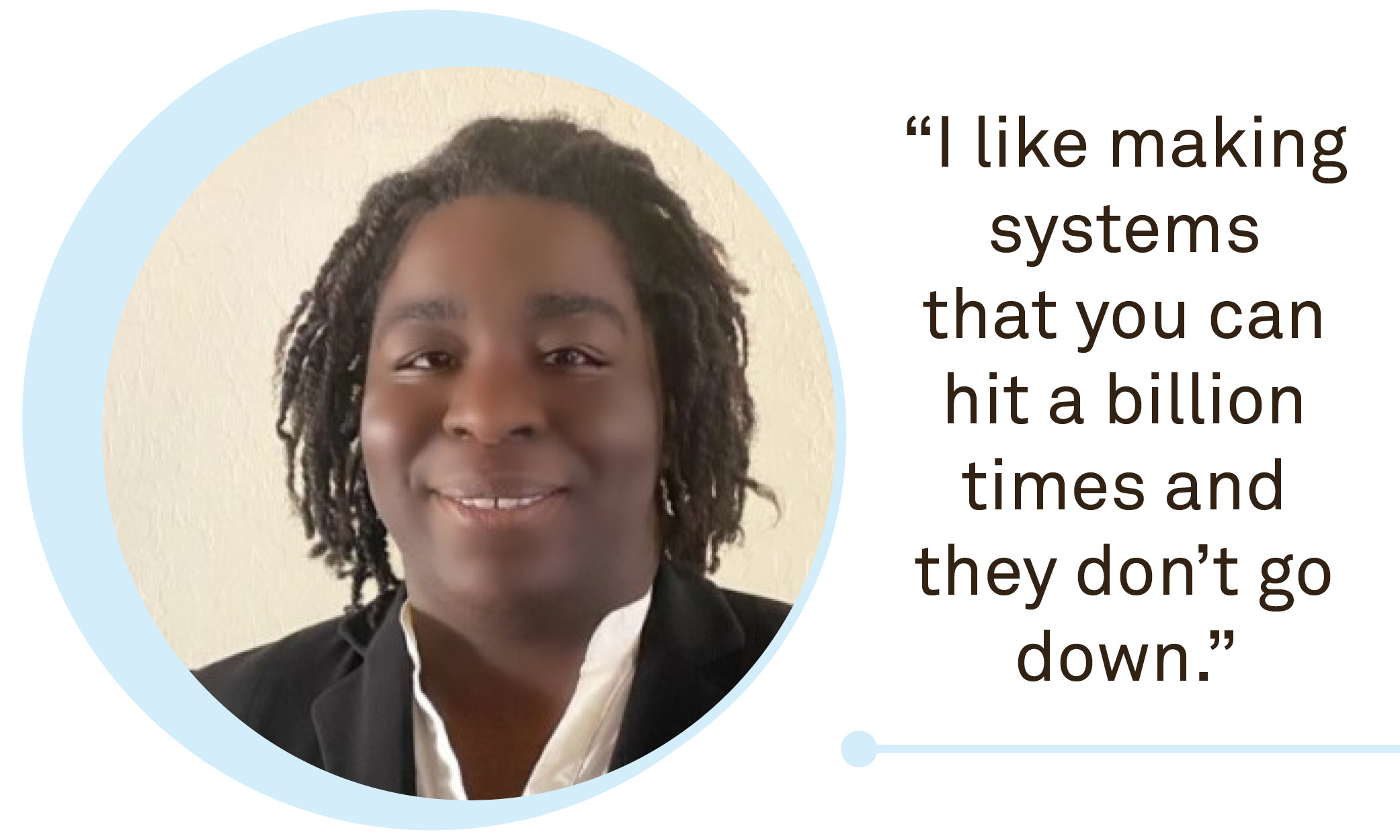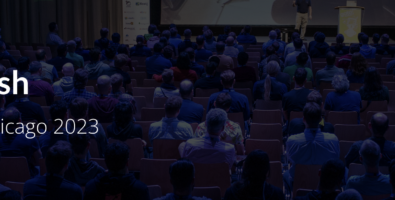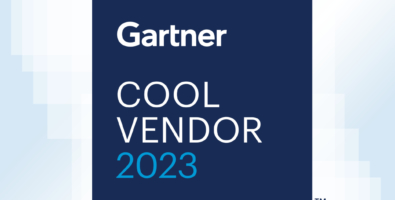A Day in the Life: Chantell Nichols

Chantell Nichols
Senior Software Engineer
Location: Phoenix, AZ (previously from Jamaica, both of them)
At Verica for: 4 months
Ed Note: This is an ongoing series about what a day in the life of various Verica folks looks like. In this post, we chat with Chantell Nichols, a Senior Software Engineer on the Platform team. Chantell is a dedicated teammate with an attitude that makes everyone believe anything is possible. She has an insatiable thirst for learning that motivates and inspires everyone around her.
What brought you to Verica?
I like to make video games in my free time. And it turns out that the UI work that we’re doing at Verica—it’s not a video game obviously—but the visualizations we’re creating, and the sheer amount of information that we have to show to customers in a matter of seconds, well that’s a game engine. If you want a thousand things on the screen moving all at the same time, and you want to show a story with that, that is what video games have to do. So that’s how Verica brought me in. They knew that I really like web GL work and I bring enterprise development experience to my work as well.
What I think is really cool at Verica is they give you the space to design and come up with a cool concept that you can then build out.
What kind of games do you build?
I especially like to make the infrastructure, the engine of the game. I usually make small 2D games that one person can make, but that anyone can have a really good time playing. Right now I’m really into strategy games, Rogue-like games where you create a character and you get to do all these things until you die. Then you have to respawn and you do the things over and over again until you win. It’s like single-player D&D meets Groundhog Day. They’re pretty hard, so the whole point is that if you beat it, you have a badge to say, “Hey, I beat this hard game.”
I like making systems that you can hit a billion times and they don’t go down, which is what we do here at Verica. I also like coding really complex AI, taking a coding concept and really digging into it. With game programming, usually you have a bunch of constraints—you don’t have enough RAM, you don’t have enough GPU or CPU power. So a lot of game programming is optimization and ensuring every byte counts in order to squeeze performance out of a very small thing. I like putting all that together—it’s why I have a dual degree in both software engineering and game programming.
“There’s no pressure, you know everyone’s pulling their own weight, and I don’t feel alone at any point.”
What are you doing today?
I’m working on a web GL layout engine. Beforehand, I was working on stabilizing our tool in general and now we’ve gotten to the point with our Verifications that we need to illustrate what is going on with customers’ systems. We want to do some more crazy things with it, and be able to change it very dynamically so that we always tell a different story, the personal story that each Verification needs to tell. We only have two UI people right now and that means I can’t make a visualization that’s personal to every Verification with just the two of us, so the tool has to do that. I want to make a framework that is putting up some math saying, “Hey, when I get these kinds of things, you position them in this kind of way.” And then everything falls together and creates the Verification, so that we can spend more time creating a story and not so much time making new visuals.
What I think is really cool at Verica is they give you the space to design and come up with a cool concept that you can then build out. And so while it’s not normal for me to be working on this particular framework, every day is a different problem. The other great thing is that I get to talk to not just the people on my team, but the whole company. I can say, “Hey, I have this problem, how do I fix it?” Then people will just jump in and have a conversation with you. And it’s like being in an office, because I know what problem I’m having and I know who’s the best to talk to for it and I usually just hit them up and then we hop on a call or Slack and we fix it.
I also really like the freedom of working remotely. During the pandemic, there’s a lot of things where you need flexibility, like to go to the grocery store at a certain time—you can’t just go whenever you want now. You’ve got to make an appointment, and that’s when you get to go. I also appreciate the fact that we don’t keep strict hours as a policy. As long as I work and get my stuff done, that’s all that matters. I don’t have to sit at a desk for specific hours each day. There’s no pressure, you know everyone’s pulling their own weight, and I don’t feel alone at any point.
What do you do if you’re stuck on a problem?
I walk my dog. Usually just going out for a walk and getting some fresh air is a good way for me to clear my head. Also, talking to other people, having other people share their experiences—even if they don’t have anything to say about my particular problem—having their insight helps. I’ll have a coding problem and even though Randall’s not a programmer, it doesn’t mean that he can’t help. I like everyone’s willingness to help. I am sometimes shy to a fault, but I don’t feel like I have to be quiet around here.
Also, knowing that I may have a ticket but don’t have a huge deadline, so I can actually sit and think about what’s the right way to go about it—not feeling constant pressure to get something done really helps. I get stuck on problems less often because of that because I have time and space to think.
What music do you listen to when you work?
It depends on how I wake up in the morning, but I have some low-fi, I have some rap. I like R&B. Sometimes I do a couple of rock mixes, or a nineties mix, if I’m feeling very nostalgic. I also have a reggae mix, which is really chill and has a whole different section of music called dance hall that I absolutely love, but I cannot listen to while I work. I like EDM too, listening to music where I can really zone out. Sometimes if I listen to songs that I actually like, it’s hard for me to work and listen to them. I would break out into song.
Dogs or cats?
Dogs.
I have one, and it’s funny because even though he’s bigger than most cats, he’s scared of cats. He’s super friendly and mostly he just wants to play, but he doesn’t realize how much bigger he looks to cats, and they end up being mean to him. It’s not that cats aren’t great, they’re just… meaner.

Courtney Nash
Courtney Nash is a researcher focused on system safety and failures in complex sociotechnical systems. An erstwhile cognitive neuroscientist, she has always been fascinated by how people learn, and the ways memory influences how they solve problems. Over the past two decades, she’s held a variety of editorial, program management, research, and management roles at Holloway, Fastly, O’Reilly Media, Microsoft, and Amazon. She lives in the mountains where she skis, rides bikes, and herds dogs and kids.






